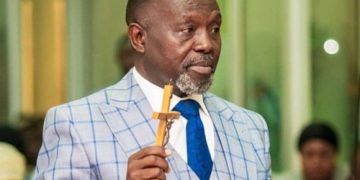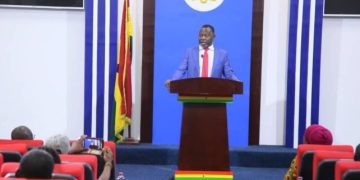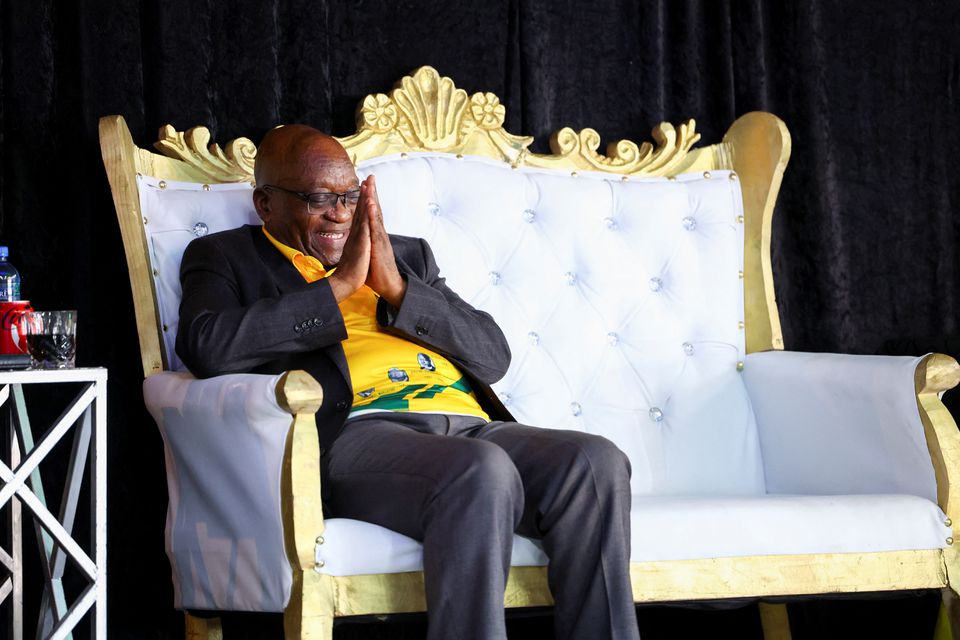South Africa’s Supreme Court of Appeal ruled on Monday that the decision to release ex-president Jacob Zuma on early medical parole was “unlawful” and he should return to prison to finish his sentence for contempt of court.
Zuma was sentenced last year to 15 months imprisonment after ignoring a court order to testify at a government inquiry into widespread corruption during his nine years as president, which ended in 2018 when Cyril Ramaphosa replaced him on an anti-graft ticket.
Zuma handed himself over to authorities in July last year and was released on medical parole two months later.
His arrest had sparked widespread looting and violence in which at least 337 people were killed.
In December last year, the high court set aside the parole decision and ordered Zuma to return to jail. But Zuma appealed and remained free.
The Supreme Court ruled on Monday that the decision to grant Zuma medical parole against the advice of the specialist Medical Parole Advisory Board had been unlawful.
“On any conceivable basis, the commissioner’s decision was unlawful and unconstitutional. The high court was correct to set it aside,” the judgement said.
It also rejected a decision by the department of correctional services in October this year that Zuma’s prison sentence had finished while his appeal was being heard.
“In other words, Mr Zuma, in law, has not finished serving his sentence. He must return to the Estcourt Correctional centre to do so,” the Supreme Court of Appeal judgement read.
A spokesman for Jacob Zuma Foundation said in the afternoon that the foundation would respond within an hour, but by evening it had yet to do so. On Sunday, ahead of the court ruling, foundation spokesman Mzwanele Manyi said the judgment did not have anything to do with Zuma.
“We think… he has served the 15 months that he was meant to serve in any event and importantly it is not President Zuma that applied for the medical parole… It is the government itself, the department of correctional services initiated the process and they saw it through,” he had said.
The court did not rule on whether time spent by Zuma on medical parole should be taken into account when determining the remaining period of incarceration, saying this would be left in the hands of the national commissioner of correctional services.
The department of correctional services said it noted and respects the court’s decision.
“(We) will study the full judgement in seeking to clarify a way forward within the requisite time frame,” a statement said.
Reporting by Wendell Roelf; Editing by Mike Harrison, Bhargav Acharya and Peter Graff
























